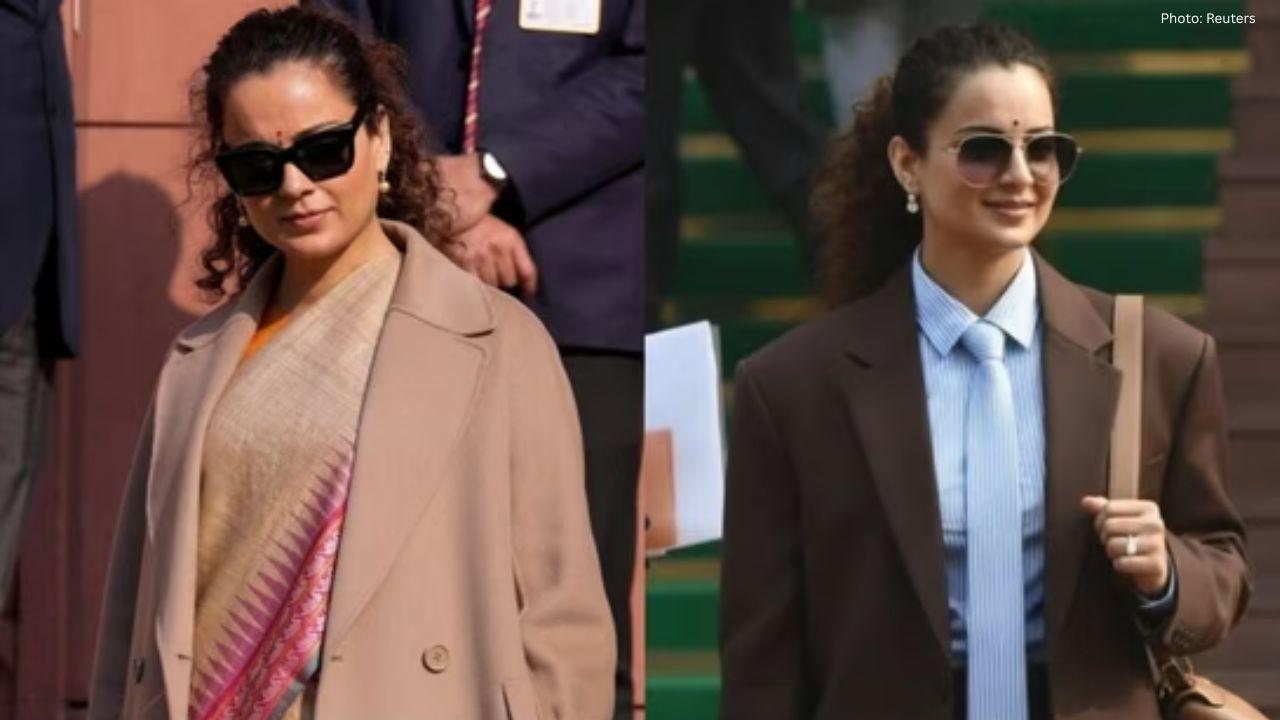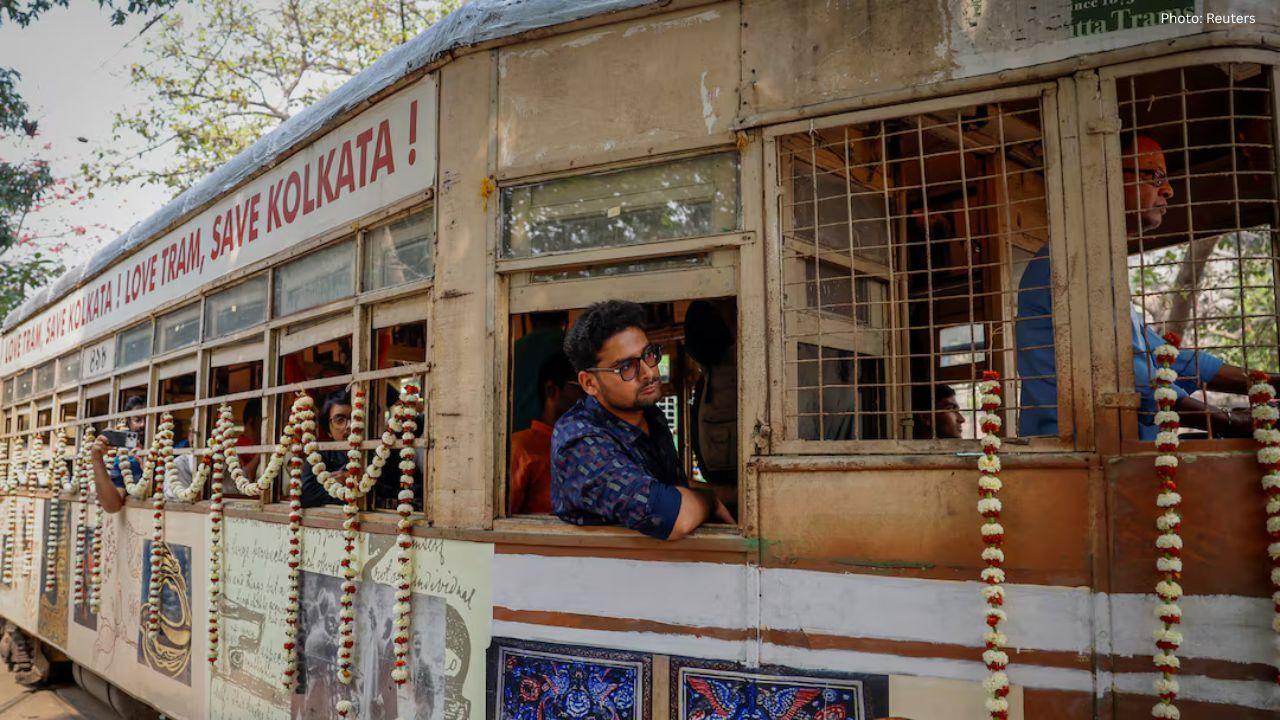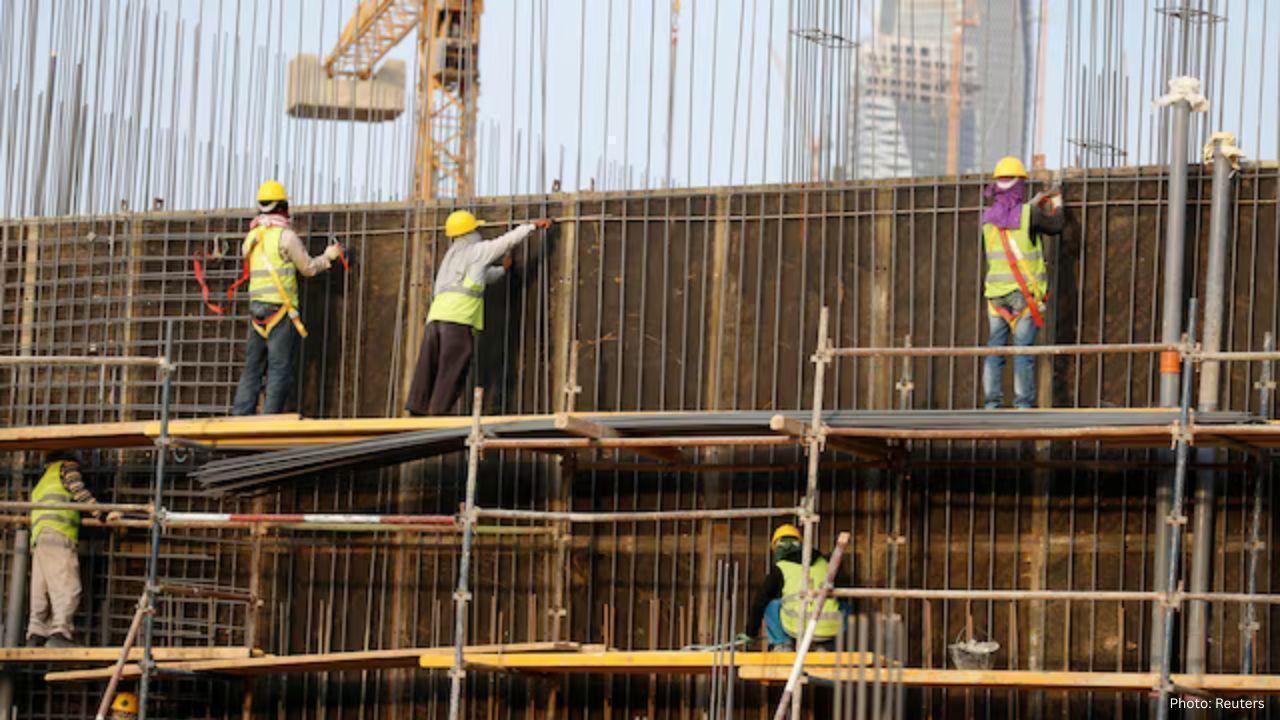You have not yet added any article to your bookmarks!

Join 10k+ people to get notified about new posts, news and tips.
Do not worry we don't spam!

Post by : Anis Farhan
Once dismissed as a pastime for teenagers, gaming has redefined itself as a professional career in Asia. Over the last decade, the region has become the world’s most significant hub for e-sports, with countries like South Korea, China, and more recently Southeast Asian nations leading the charge. From sold-out stadiums to multimillion-dollar sponsorships, e-sports has grown into a legitimate form of entertainment, rivaling traditional sports in both reach and revenue.
This surge is not accidental. It has been driven by a mix of technological innovation, cultural acceptance, and strategic investments. With Asia housing more than half of the world’s online gamers, the continent provides fertile ground for professional gaming to thrive.
No discussion of e-sports in Asia can begin without South Korea. Often hailed as the birthplace of modern competitive gaming, South Korea’s journey began in the late 1990s with the rise of PC bang (gaming cafés). Games like StarCraft became household names, and professional leagues were broadcast on television, elevating gamers to celebrity status.
Today, South Korea continues to dominate the global scene with its structured leagues, dedicated training academies, and support from mainstream media. The country has also ensured recognition of e-sports as an official career, providing a blueprint that other Asian nations are now following.
If South Korea pioneered e-sports, China expanded it to unimaginable scales. With its massive population and tech-driven culture, China quickly became the world’s largest e-sports market. Cities like Shanghai and Beijing host mega tournaments such as the League of Legends World Championship, drawing international attention and tourism.
Chinese companies have also invested heavily in the industry, from building e-sports arenas to sponsoring professional teams. Platforms like Tencent-backed streaming services have fueled fan engagement, turning gamers into influencers with millions of followers. For China, e-sports is not just entertainment—it’s a cultural export and a driver of national pride.
While South Korea and China have long dominated headlines, Southeast Asia has recently emerged as a hotbed for e-sports growth. Countries like Indonesia, Thailand, Vietnam, and the Philippines are witnessing explosive demand. Affordable smartphones and widespread internet access have democratized gaming, allowing mobile e-sports to flourish.
Tournaments like the Mobile Legends Professional League (MPL) attract millions of viewers across the region. Governments are also taking notice, with initiatives to promote gaming as both a career and an industry that can generate jobs, boost tourism, and attract foreign investment.
The rise of e-sports is not just about competition; it’s about economics. Sponsorship deals, advertising, merchandise sales, and streaming revenues have turned gaming into a billion-dollar sector in Asia. Large brands, once hesitant to associate with gaming, are now competing for partnerships with top teams and players.
This economic boom has also extended beyond gaming companies. Hospitality, tourism, and retail industries are benefiting as cities host major tournaments, drawing fans from across the world. In essence, e-sports is not just creating champions—it’s building ecosystems.
Beyond economics, e-sports has reshaped social and cultural dynamics in Asia. Gaming communities have fostered inclusivity, bringing together people across borders, languages, and backgrounds. Young people, once criticized for “wasting time” on games, are now admired for their skills and dedication.
Moreover, e-sports has encouraged discussions around digital literacy, work-life balance, and mental health. Training for tournaments demands discipline, teamwork, and resilience—qualities often overlooked in the stereotype of a “gamer.” This shift is gradually changing parental and societal perceptions about gaming careers.
Despite its explosive growth, e-sports in Asia faces several hurdles. Regulatory frameworks remain inconsistent across countries, with some governments imposing restrictions on gaming due to concerns about addiction and youth welfare.
Infrastructure is another challenge. While nations like South Korea have advanced facilities, other regions still lack stable internet connections and professional support systems for gamers. Additionally, the physical and mental health of professional gamers remains a pressing issue, as intense schedules often lead to burnout.
Looking ahead, the future of e-sports in Asia seems unstoppable. Mainstream acceptance is accelerating, with e-sports making appearances in international sporting events. The Asian Games 2022 in Hangzhou officially included e-sports as a medal event, further legitimizing the industry.
Education is also playing a role, with universities offering scholarships and courses related to gaming, business management, and e-sports production. These developments signal a future where e-sports is not just entertainment, but an integral part of Asia’s cultural and economic fabric.
The rise of e-sports in Asia highlights how passion can be transformed into profession. What began as a hobby has grown into a force that influences economies, cultures, and identities. From Seoul’s PC bangs to Jakarta’s mobile gaming arenas, Asia is turning gaming into gold.
As the industry continues to expand, it is clear that e-sports is no longer just a game—it is a movement reshaping the way Asia, and the world, views the power of play.
This article is for informational purposes only. The perspectives shared are based on observed industry trends and cultural shifts. Readers should interpret developments in e-sports with an understanding of regional differences and evolving regulations.










Two Telangana Women Die in California Road Accident, Families Seek Help
Two Telangana women pursuing Master's in the US died in a tragic California crash. Families urge gov

Ranveer Singh’s Dhurandhar Roars Past ₹1100 Cr Worldwide
Ranveer Singh’s Dhurandhar stays unstoppable in week four, crossing ₹1100 crore globally and overtak

Asian Stocks Surge as Dollar Dips, Silver Hits $80 Amid Rate Cut Hopes
Asian markets rally to six-week highs while silver breaks $80, driven by Federal Reserve rate cut ex

Balendra Shah Joins Rastriya Swatantra Party Ahead of Nepal Polls
Kathmandu Mayor Balendra Shah allies with Rastriya Swatantra Party, led by Rabi Lamichhane, to chall

Australia launches review of law enforcement after Bondi shooting
Australia begins an independent review of law enforcement actions and laws after the Bondi mass shoo

Akshaye Khanna exits Drishyam 3; Jaideep Ahlawat steps in fast
Producer confirms Jaideep Ahlawat replaces Akshaye Khanna in Drishyam 3 after actor’s sudden exit ov